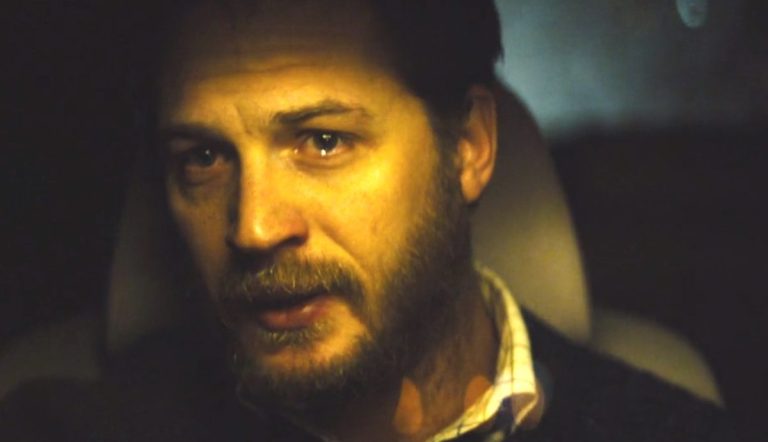Meena Nanji and Zippy Kimundu’s documentary “Our Land, Our Freedom” captures swathes of native protest and unrest against regimes of oppression. Disaffection is massive and has been brewing for a long time, but a succession of governments hasn’t paid any heed to the escalating grievances. Nothing has altered. The stagnation of the powerful and the powerless in fixed positions assumes the force of a codified norm until a dissident comes along with unbreakable tenacity and singular resolve to restore justice and fairness to what is held as untenable.
The documentary offers a gripping look at a compelling, dynamic dissident who is unhesitant to shake up things and prepared to go all out to pursue long-denied restitutive justice. She is made acutely aware of the structural opposition to her efforts but that has no effect in striking down her spirit. There’s little or near fear of the threatening consequences, something that she is continually reminded of. All she is concerned with is turning her agenda, a collective dream of many, into a binding reality.
The documentary swoops on the historically slighted and beleaguered community of the Mau Maus in Kenya. In the 1950s, this group – Kenya Land and Freedom Army -fought tooth and nail with the British colonialists in asserting control over their land. This led to a massive clampdown by the British, who put away thousands of the Mau Mau in makeshift concentration camps and executed a killing spree. When independence came to Kenya, the colonialist-leaning politicians or the collaborators were the ones ushered into power on the condition that the white settlers were allowed to stay on.
Therefore, it wasn’t a direct tipping of the scales as the Mau Maus had envisaged. Many compromises had been made, and the group’s surviving members were only arbitrarily dumped together into a sham of a resettlement site. But the group hasn’t relinquished its hopes of getting their land back, pivoting to call on Wanjugu, aka Evelyn Kimathi, the daughter of the slain Mau leader, Dedan.
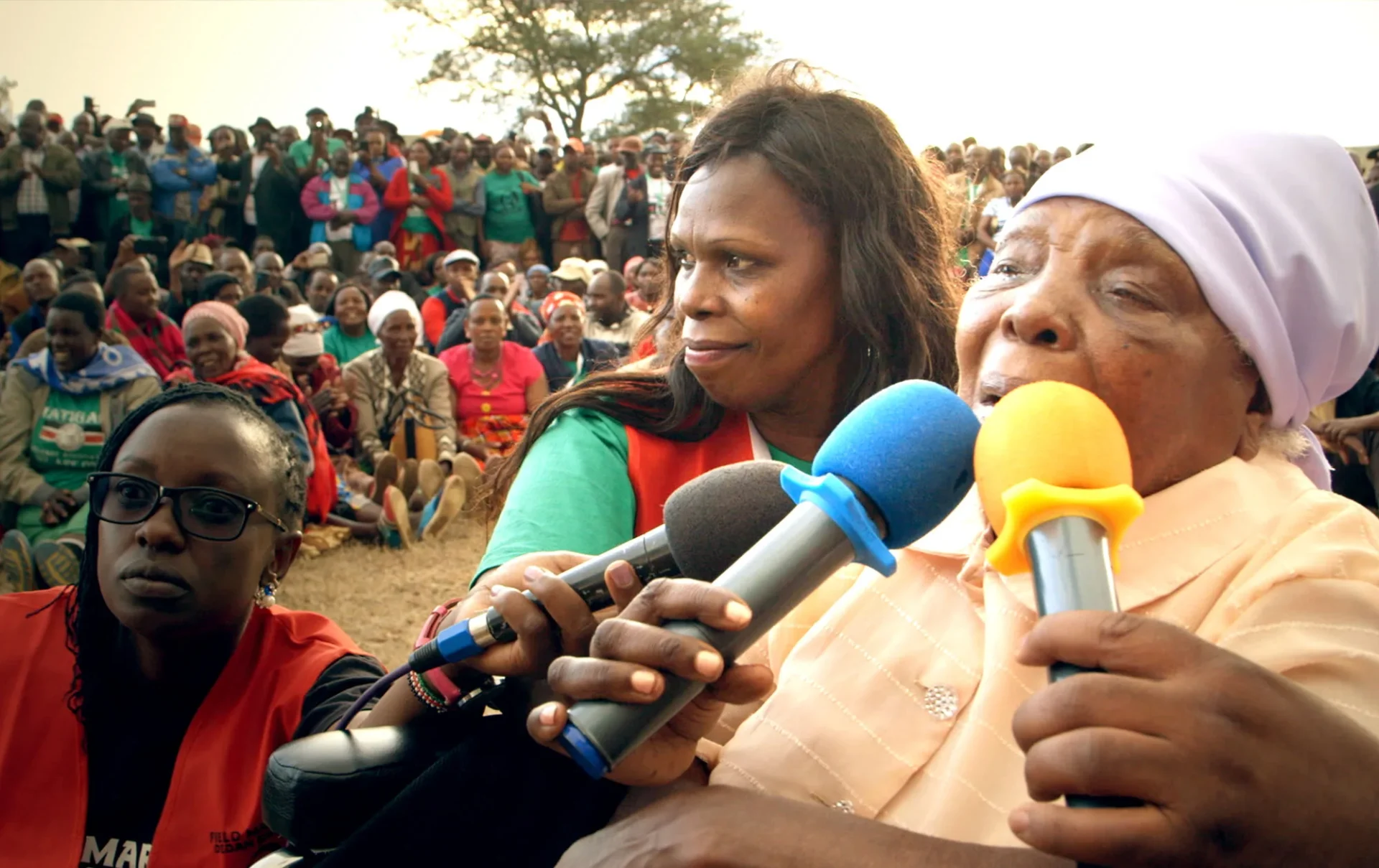
Wanjugu works as a telephone operator, far removed from the hardships of her legacy. Moved by the stories and lack of resolution about Dedan’s horrific death by hanging, she plunges into the heart of the struggle. Her ailing mother yearns for a proper, fitting closure regarding Dedan’s remains so that he can get a decent burial. This drives Wanjugu’s concerted efforts to kick-start momentum and bring peace and a sliver of happiness to her community, which had been denigrated as terrorists by multiple regimes. As she visits and starts embedding herself deeply in the Mau Mau strife, a galley of horrors that had been subjected to them, none of which have been redressed, comes to the fore.
The testimonies are disturbing and wrenching, yet essential to be firmly reiterated. The documentary, which covers a few years, swirls around Wanjugu, gathering even more unshakable grit from what she hears and becoming an influential figure in her own right. This doesn’t exactly bode well for the government, as her mobilizing potential is viewed as a threat. If she assumes the power to rally people in such large numbers by the sheer dint of her integrity alone, what else could she be capable of?
Wanjugu pushes on despite ample cues directed her way that isn’t pleasant or welcoming and indicate a dangerous degree of censure and surveillance. “Our Land, Our Freedom” doesn’t incorporate any streaks of high formal ambition or stylistic tweaks. In perfect consonance with understanding, valuing, and granting full dignity to the embattled group, it wields complete assurance in its narrative. There’s a devastating humanity in the confidence and single-minded zeal with which the journey unfolds. There may be small defeats and losses on the way, but the doggedness to emerge unscathed at the finish line surpasses everything else.


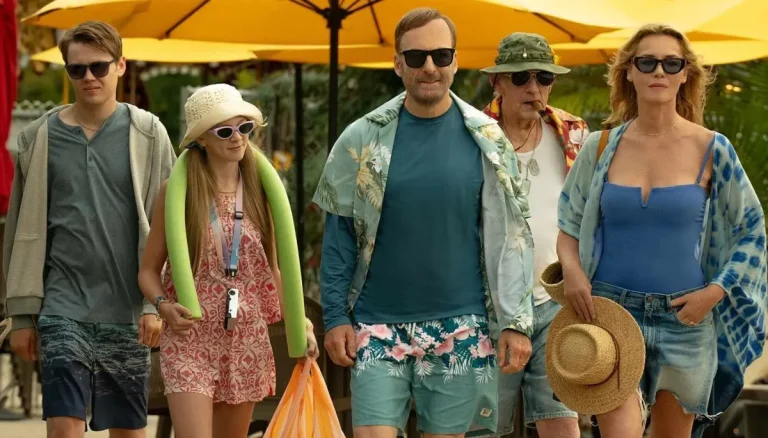
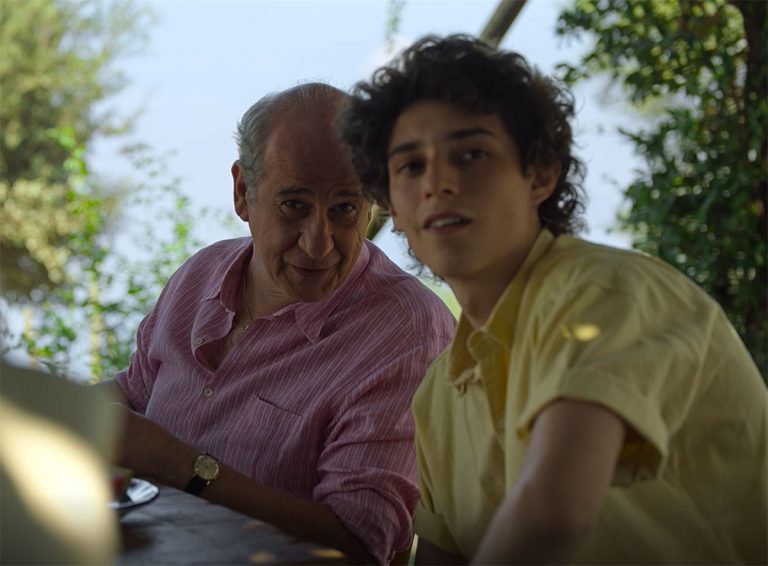
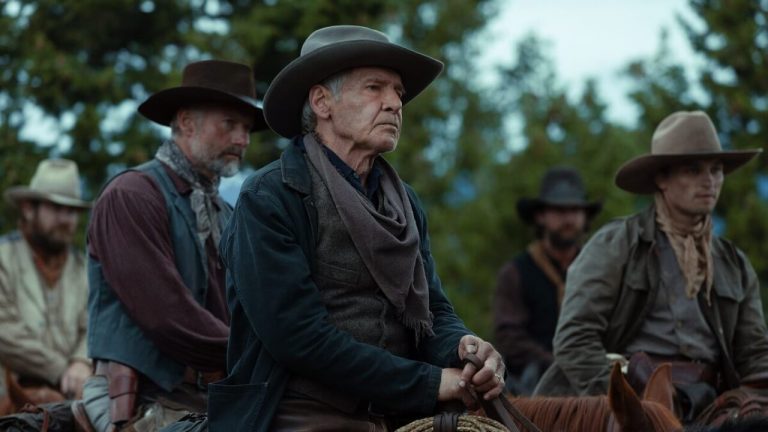
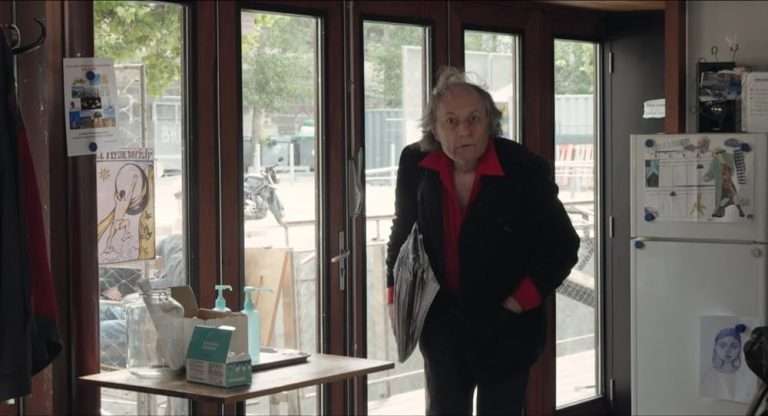
![Errementari [2017] Netflix Review – A Simplistic yet Wildly Entertaining Folk Horror](https://79468c92.delivery.rocketcdn.me/wp-content/uploads/2021/03/Errementari-2017-768x432.jpg)
